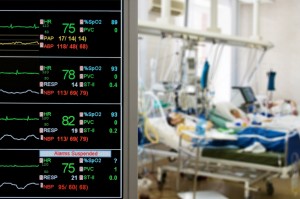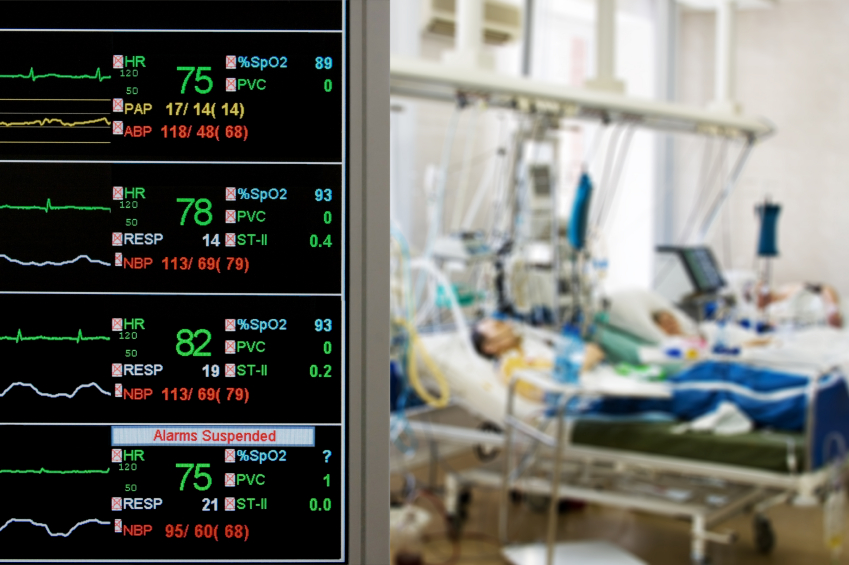
Treating sepsis patients with steroids leads to quicker recovery and reduces the number of blood transfusions needed, according to ADRENAL – the largest ever international clinical trial on septic shock.
A team of researchers from The George Institute for Global Health – including Professor Simon Finfer of the Australian Sepsis Network – studied whether the use of steroids in treating patients with septic shock would improve outcomes.
Septic shock occurs when sepsis causes dangerously low blood pressure, leading to increased risk of organ failure or death.
The results of the ADRENAL study, involving 3800 patients and published in the New England Journal of Medicine on 19 January, found that steroids reduced the duration of septic shock and the frequency of blood transfusions needed, and decreased the time spent in intensive care. However, the use of steroids as an additional treatment for septic shock did not reduce deaths.
The study lead, Professor Bala Venkatesh of The George Institute, said “Our results show there is still a lot to learn about septic shock which kills up to half of those affected in some parts of the world. But, we have finally shown what part steroids play in the treatment of these patients. If we can reduce the time spent in intensive care units that not only frees up space for other patients, it saves health systems worldwide a huge amount of money.”
The use of steroids to treat septic shock has been accepted practice for more than 50 years, however clinicians were uncertain about the best dose of duration of steroids given to patients.
The ADRENAL trial has shown that although steroids do not reduce death rates in septic shock, their use as an additional treatment led to faster resolution of septic shock, decreased time on mechanical ventilation, and earlier discharge from intensive care.
Study investigator and co-author Professor John Myburgh, of The George Institute, noted “Anyone can get sepsis, young, old, fit and healthy. It does not discriminate. In Australia up to a quarter of people who get septic shock will die with more people losing their lives annually than the road toll.
“It is essential that we raise awareness of this disease so people can get treatment more quickly, but we will also need to find better and more effective care for those who go into septic shock.”
The full study paper is available in the New England Journal of Medicine.

